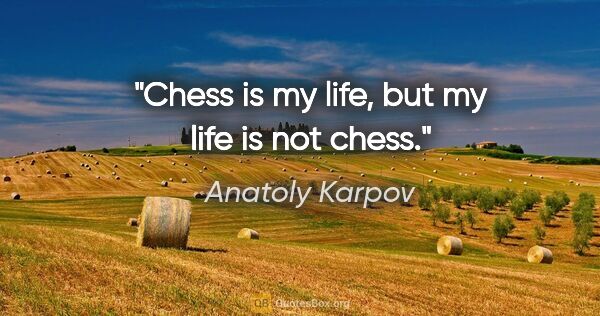God (Nature, in my view) makes all things good; man meddles with them and they become evil. He fores one soil to yield the products of another, one tree to bear another's fruit. He confuses and confounds time, place, and natural conditions. He mutilates his dog, his horse, and his slave. He destroys and defaces all things; he loves all that is deformed and monstrous; he will have nothing as nature made it, not even himself, who must learn his paces like a saddle-horse, and be shaped to his master's taste like the trees in his garden.
Jean-Jacques RousseauAbout author
- Author's profession: Philosopher, Writer
- Nationality: french
- Born: June 28, 1712
- Died: July 2, 1778
Related Authors
Topics
Quotes currently Trending


-And there's this twelve thousand dollars item for books.-That supposed to be twelve hundred, the twelve thousand is for paper. towels. Besides there is already that bequest for the library.-Did it say books in so many words? No. It's just a bequest for the library.-Use it for pegboard. You need pegboard in a library. Books you don't know what you're getting into.
William Gaddis
If individuals live only to seventy years then a state or a nation or a civilization, which may last for a thousand years, is then more important than an individual. But if Christianity is true, then the individual is not only more important but incomparably more important, for he is everlasting and the life of the state or civilization, compared with his, is only a moment.
C. S. Lewis
I've apparently been the victim of growing up, which apparently happens to all of us at one point or another. It's been going on for quite some time now, without me knowing it. I've found that growing up can mean a lot of things. For me, it doesn't mean I should become somebody completely new and stop loving the things I used to love. It means I've just added more things to my list.
Taylor Swift
Those who turn the day into night, the young, the drug addict, the profligate, the drunken and that most miserable, the lover who watches all night long in fear and anguish. These can never again live the life of the day. When one meets them at high noon they give off, as if it were a protective emanation, something dark and muted. The light does not become them any longer. They begin to have an unrecorded look. It is as if they were being tried by the continual blows of an unseen adversary.
Djuna Barnes




